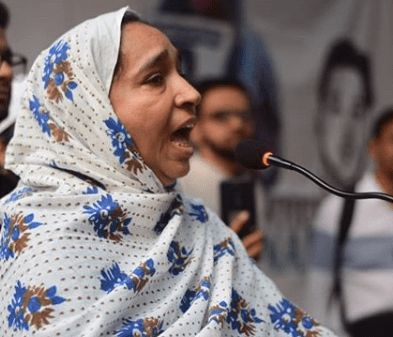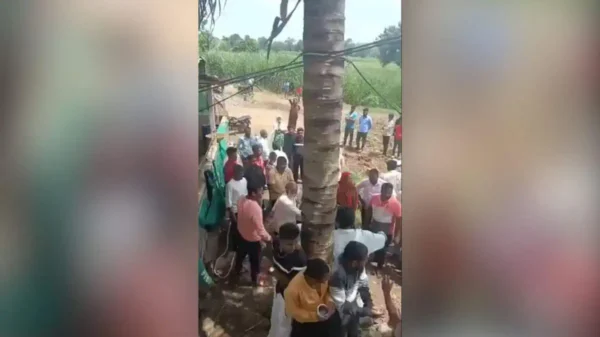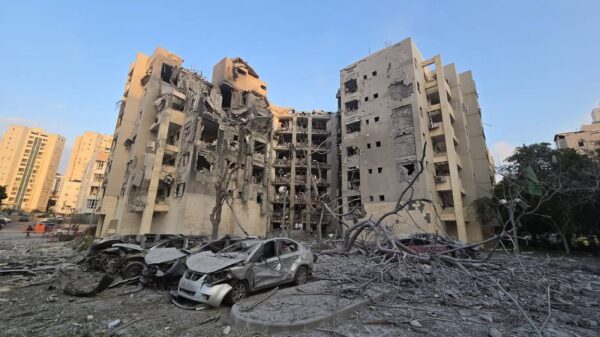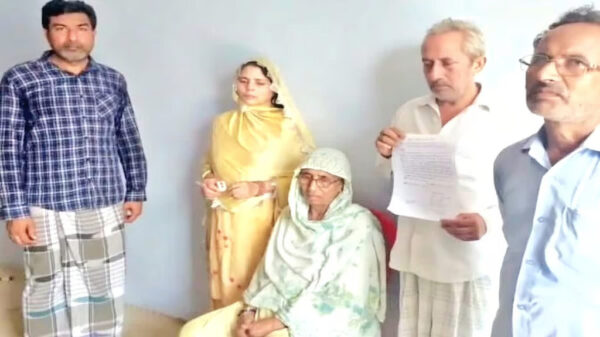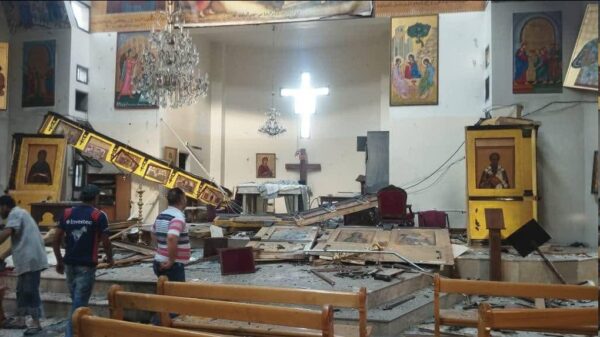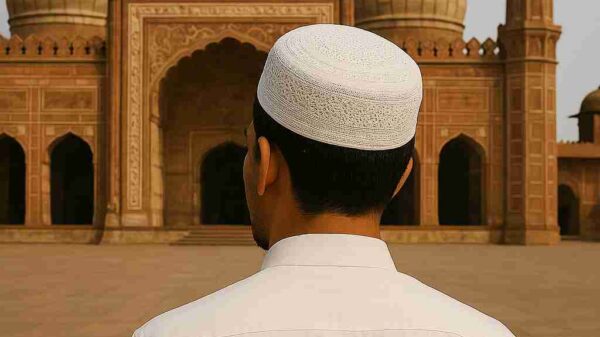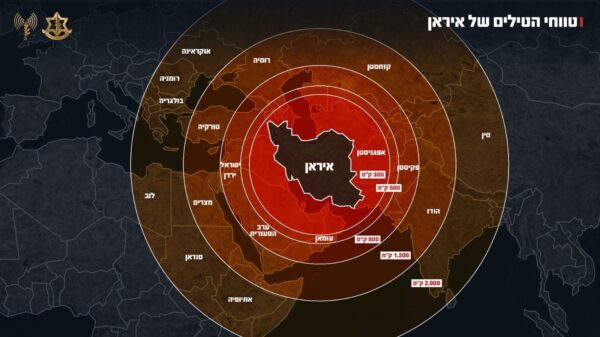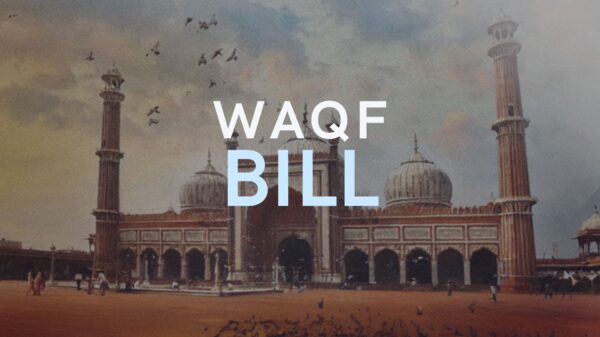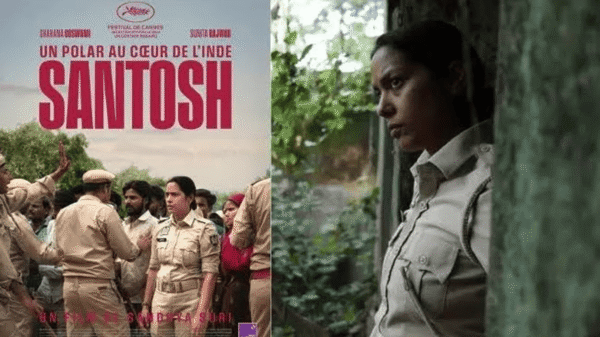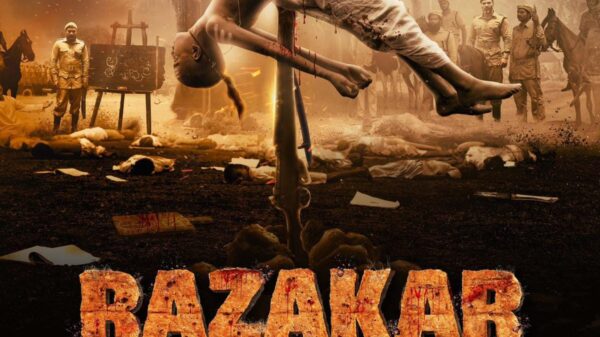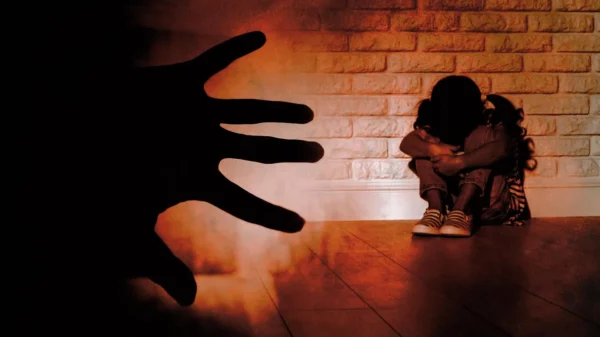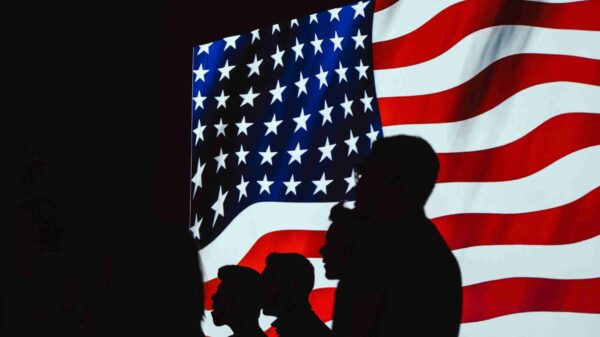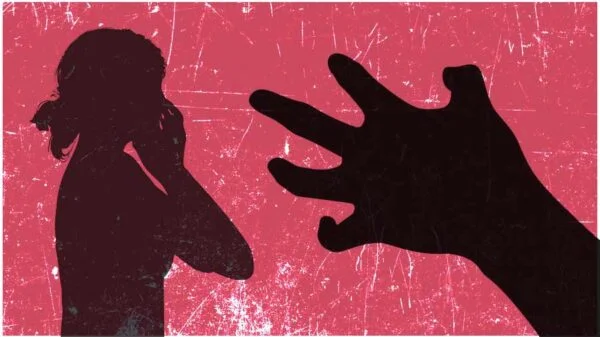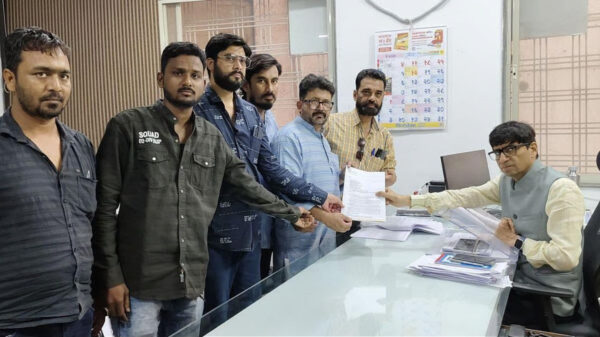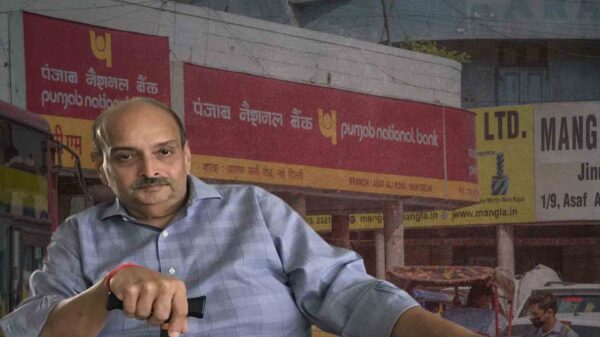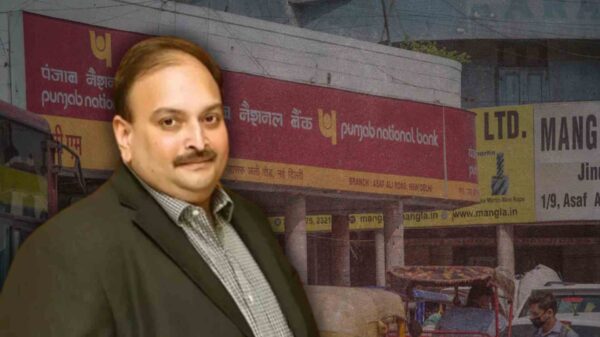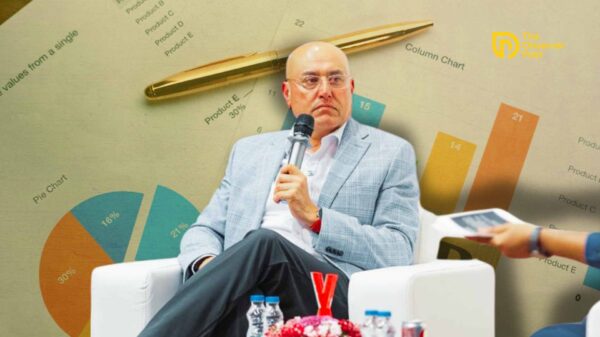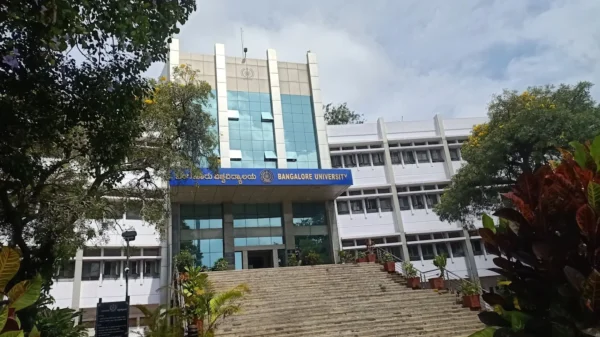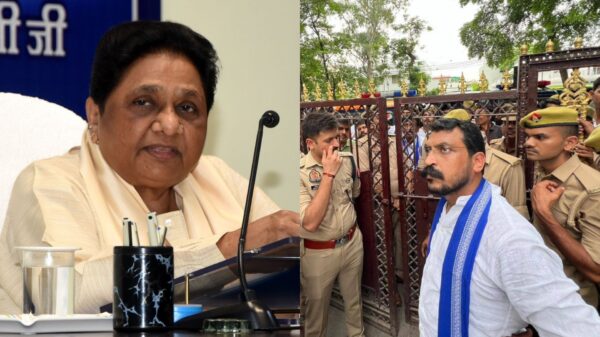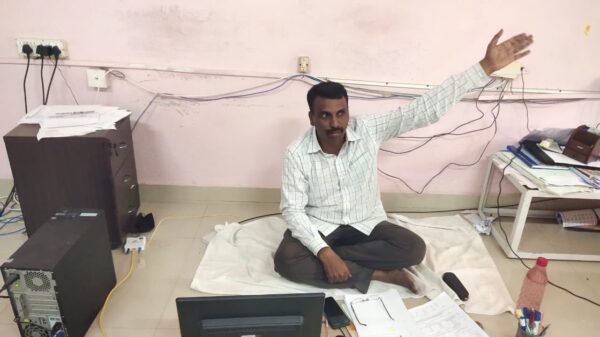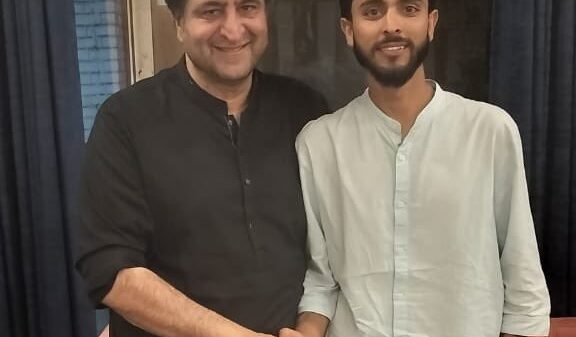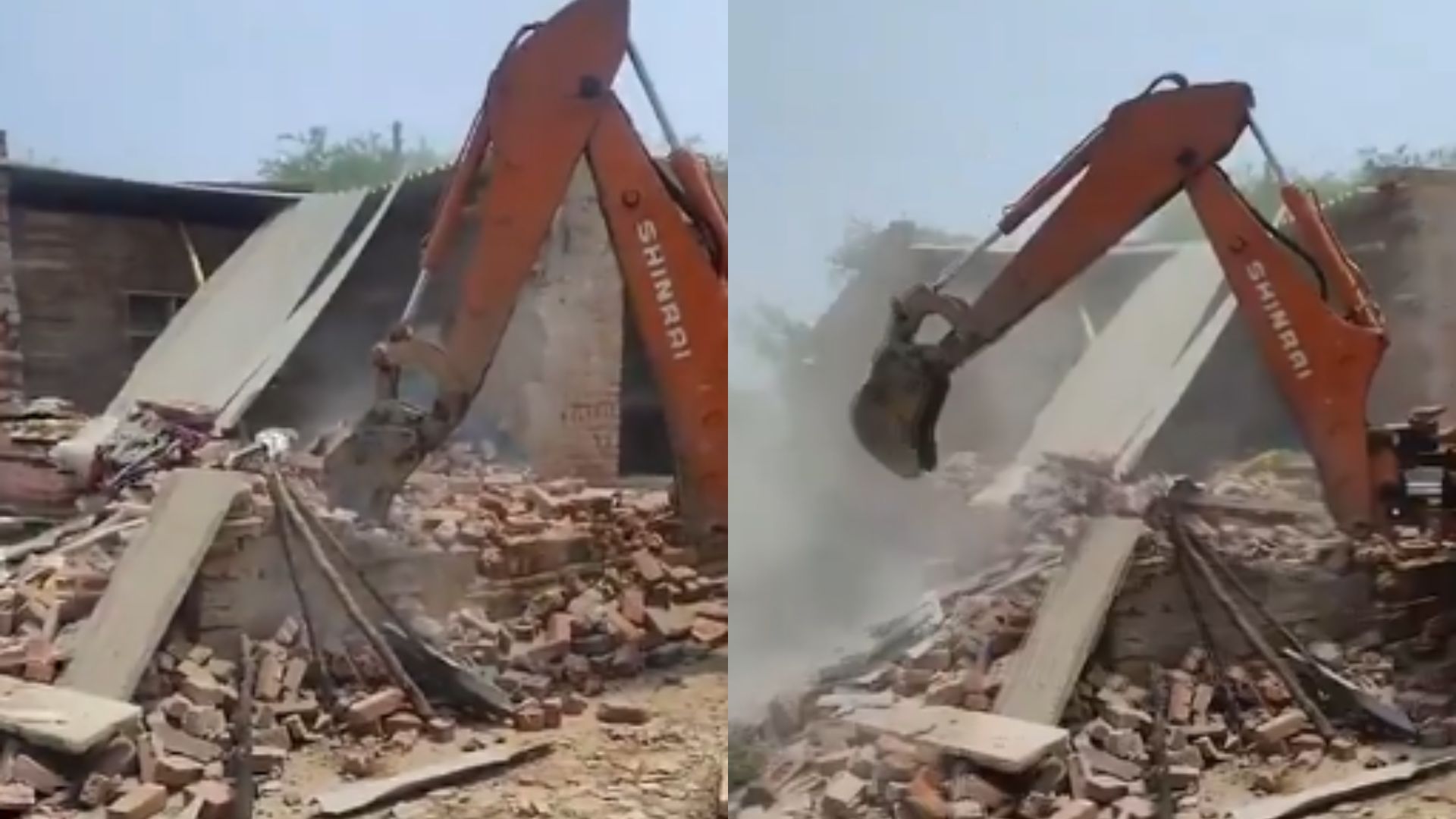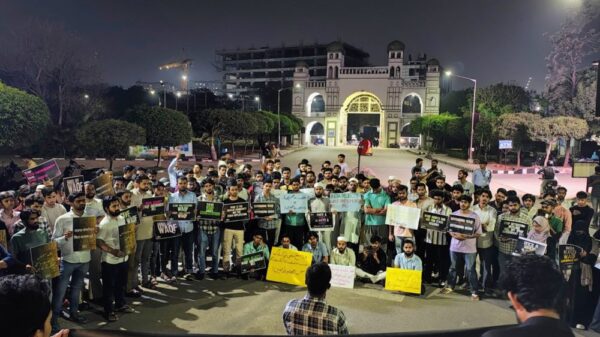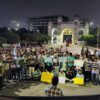The Supreme Court announced on Tuesday that it will create nationwide guidelines for demolishing properties, saying there’s a need to uphold the country’s secular principles. This decision comes as the court extended its previous order from September 17, which temporarily halted all illegal demolitions.
Justice B.R. Gavai, who led the bench along with Justice K.V. Viswanathan, stated, “We are a secular country, and our directions will apply to everyone, regardless of religion or community.” He said that public safety is crucial, explaining that religious structures like temples, gurudwaras, and dargahs should not block public spaces such as roads or footpaths.
The court was addressing petitions that claimed properties, including those belonging to individuals accused of crimes, were being demolished without following proper legal procedures. Petitioners argued that this violated natural justice and laws requiring prior notice before demolitions.
Solicitor General Tushar Mehta, representing the states of Uttar Pradesh, Gujarat, and Madhya Pradesh, acknowledged that prior notice is necessary but denied that demolitions were targeting specific communities. He stated, “For unauthorized constructions, demolitions must follow the law and are not based on religion or beliefs.”
Mehta also pointed out that in Madhya Pradesh, “80 percent of the houses demolished belonged to Hindus,” arguing that demolitions should not favour a select few.
The court rejected a request from UN rapporteur Balakrishnan Rajagopal to intervene in the case, with Mehta arguing that those in the US should not involve themselves in these matters. However, the court allowed senior advocate Vrinda Grover to present her arguments. She claimed that punitive demolitions are arbitrary and violate human rights and the principles of natural justice.








